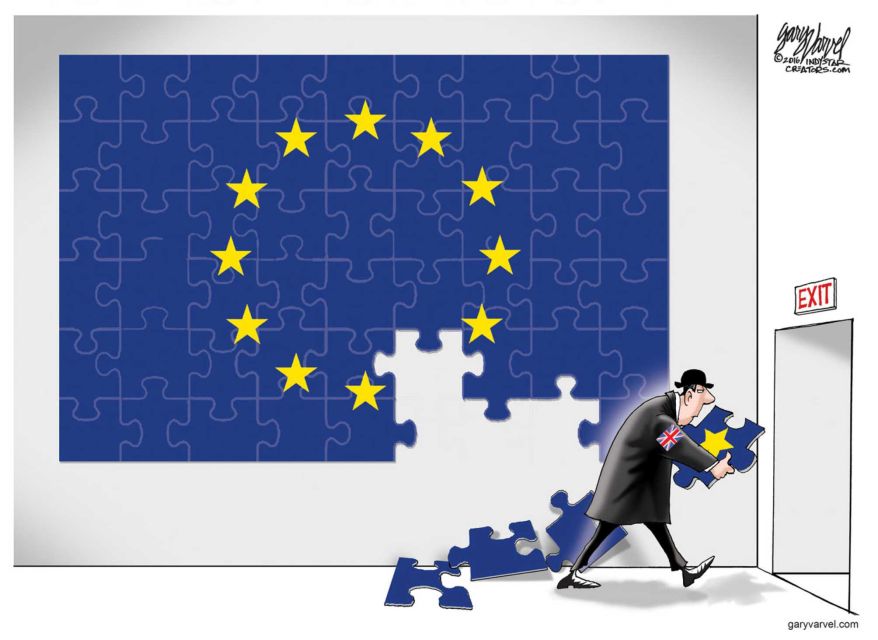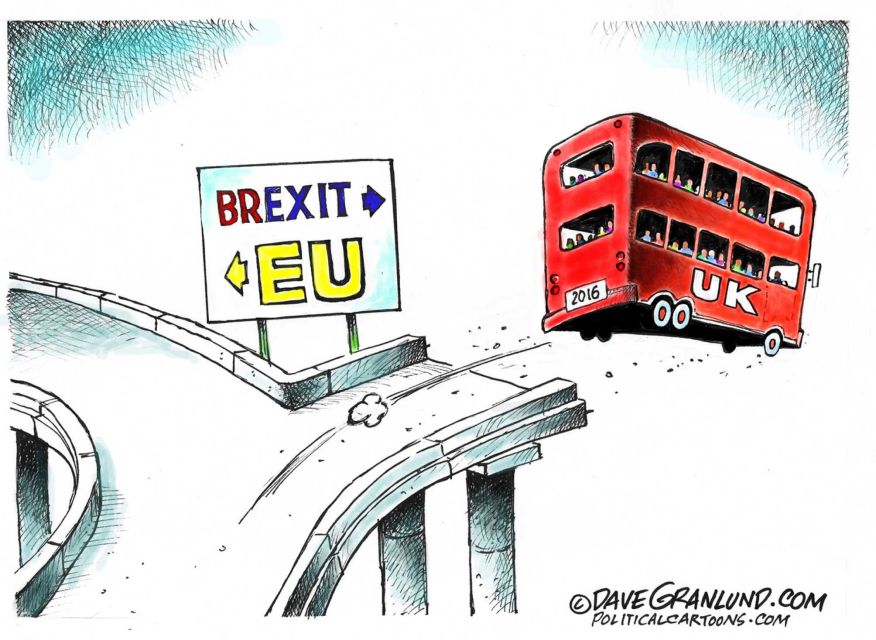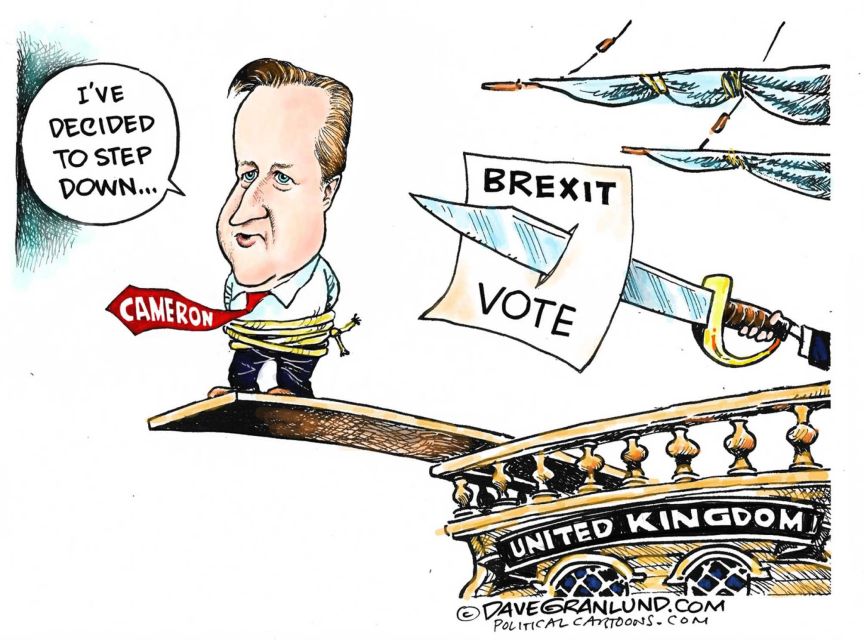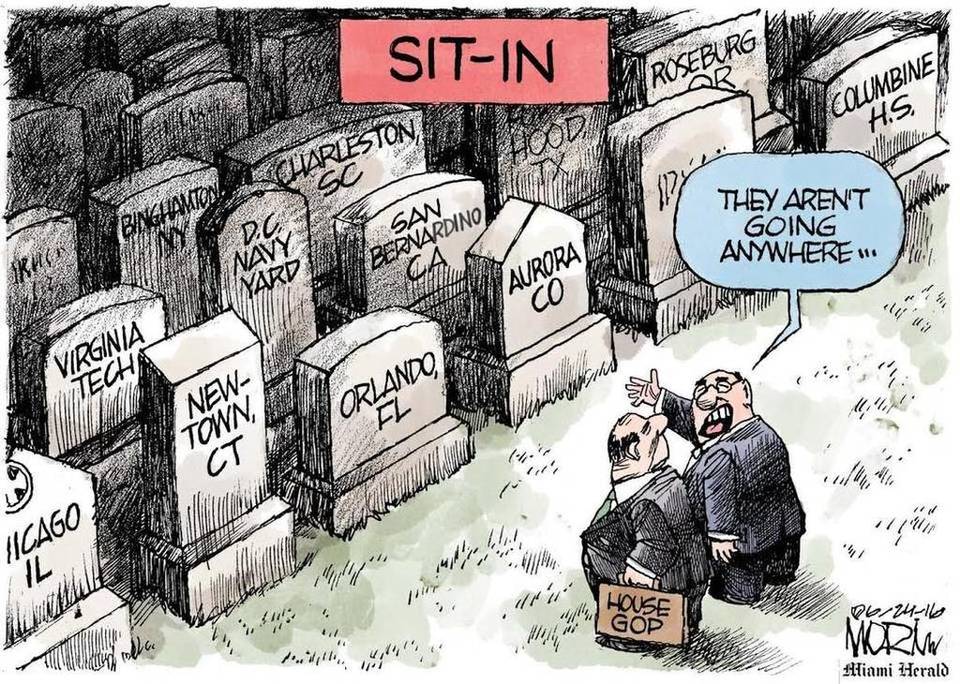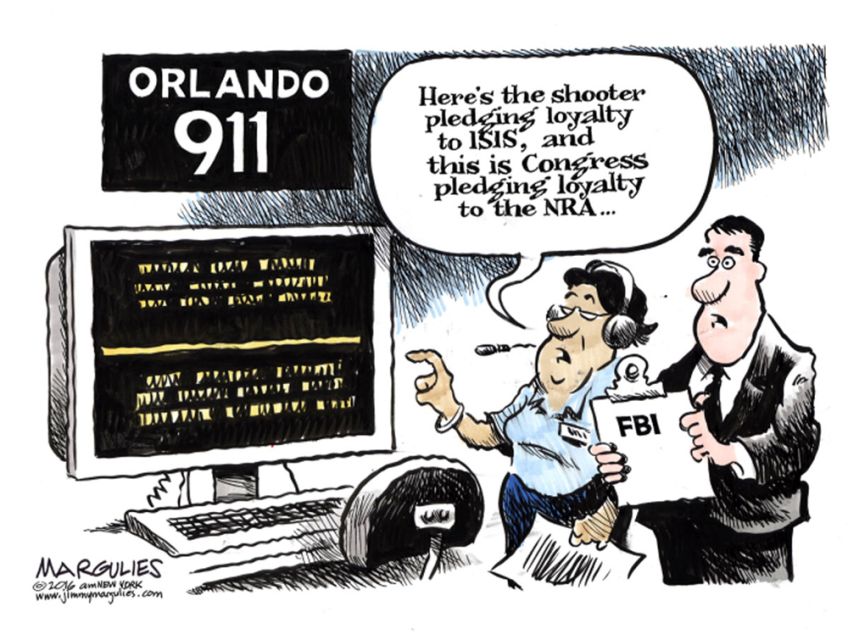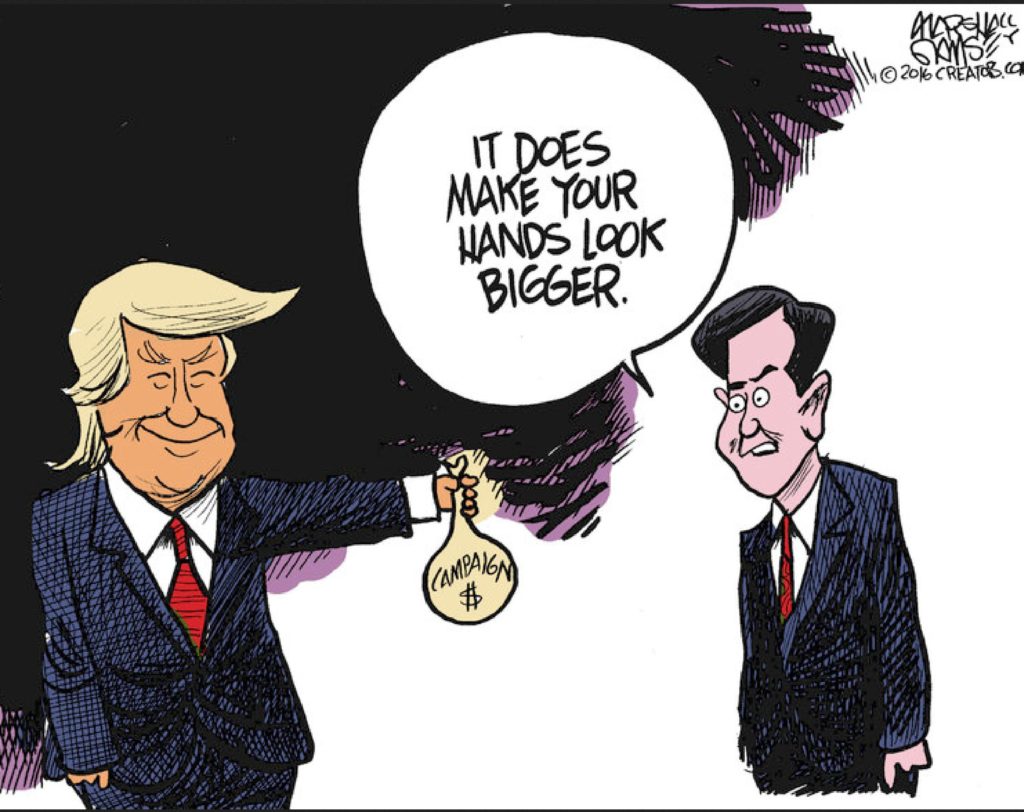There is a neoliberal aspect to Brexit that has many Brits in the 1% quietly (and tentatively) quite happy. Fraser Nelson, editor of the Spectator and a columnist for the Daily Telegraph, writing in the WSJ, said the Brexiteers:
…think the vote for Brexit was about liberty and free trade, and about trying to manage globalization better than the EU has been doing from Brussels.
Neoliberalism at its finest. You could substitute “No Obama” for “Brexit”, and “Washington” for “Brussels”, and think it was the GOP talking.
Mr. Nelson says that a major problem was that the EU’s centralized, command-type structure makes local issues difficult to manage. He says that regulations issued at the European level, rules promulgated by officials whose names Brits didn’t know, people they never elected and cannot remove from office, became law in the UK. More from Mr. Fraser: (emphasis and brackets by the Wrongologist)
Mr. Cameron has been trying to explain this to Angela Merkel…He once regaled the German chancellor with a pre-dinner PowerPoint presentation to explain his whole referendum idea. Public support for keeping Britain within the EU was collapsing, he warned, but a renegotiation of its terms would save Britain’s membership…Mr. Cameron was sent away with a renegotiation barely worthy of the name. It was a fatal mistake [by the EU] not nearly enough to help Mr. Cameron shift the terms of a debate he was already losing.
The EU took a gamble: That the Brits would not vote to leave. A better deal—perhaps aimed at allowing the UK more control over immigration, a top public concern in Britain—might have stopped Brexit. But the absence of a deal sent a clear message: The EU isn’t interested in reform.
The EU apparently needs fixing, but it won’t be the UK who does it. Cameron tried in a lukewarm way to fix Europe a little around the edges, and failed. A final point from Mr. Fraser:
The question is not whether to work with Europe but how to work with Europe. Alliances work best when they are coalitions of the willing. The EU has become a coalition of the unwilling, the place where the finest multilateral ambitions go to die.
Perhaps. It IS clear that not all regulations are created equal, some are inefficient, and some are just stupid. But, a business environment with fewer government regulations is the wet dream of most business owners, while it often harms consumers. It is also true that the Brexit supporters were able to conflate in the minds of voters all the discontent with UK austerity, benefit cuts, poor quality job creation and wage stagnation along with the EU’s hegemony, into a big ball of emotion.
And it worked.
The inside-the-bubble UK neoliberal view is that the EU was the problem, and the British voters solved that. America doesn’t have an analogue. We could leave NAFTA, but that has none of the earth-shaking possibilities. We could fail to pass the TPP. That would be a yuuge anti-neoliberal event.
There is an economic malaise in blue collar UK. Once an industrial powerhouse, it has become service driven, with finance and lawyering representing a significant portion of its economy. Sounds just like America in 2016.
Let’s link all of this up with our domestic political economy:
- Income inequality has grown in the US since at least the 1980s.
- Real median income is the same as in 1996.
- Our Labor Participation Rate (the share of American civilians over the age of 16 who are working or looking for a job) is about where it was in the 1970s.
- Despite a rosy headline unemployment rate of 4.7% (which counts only people without work seeking full-time employment), the U-6 rate (includes discouraged workers and all marginally attached workers, plus those workers who are part-time purely for economic reasons) is much higher at 9.7%. In human terms, that is 15.3 million souls who need a job.
Donald Trump and Hillary Clinton both see these things. The candidate who convinces voters that s/he will really address them will win.
Trump is correct when he says if there are millions out of work, how can we permit immigration? He wrongly focuses on Mexicans, but he’s right: We need fewer people pursuing the fewer jobs we will have until at least until 2025, when finally, all the Baby Boomers retire.
America is in a class war, but it’s the working class versus the middle class rather than workers versus billionaires, as Bernie talks about. Joe Six-pack doesn’t hate the billionaire class. Therefore, Trump is acceptable.
The Pandering Pant Load sees this, and has moved to exploit their anger.

